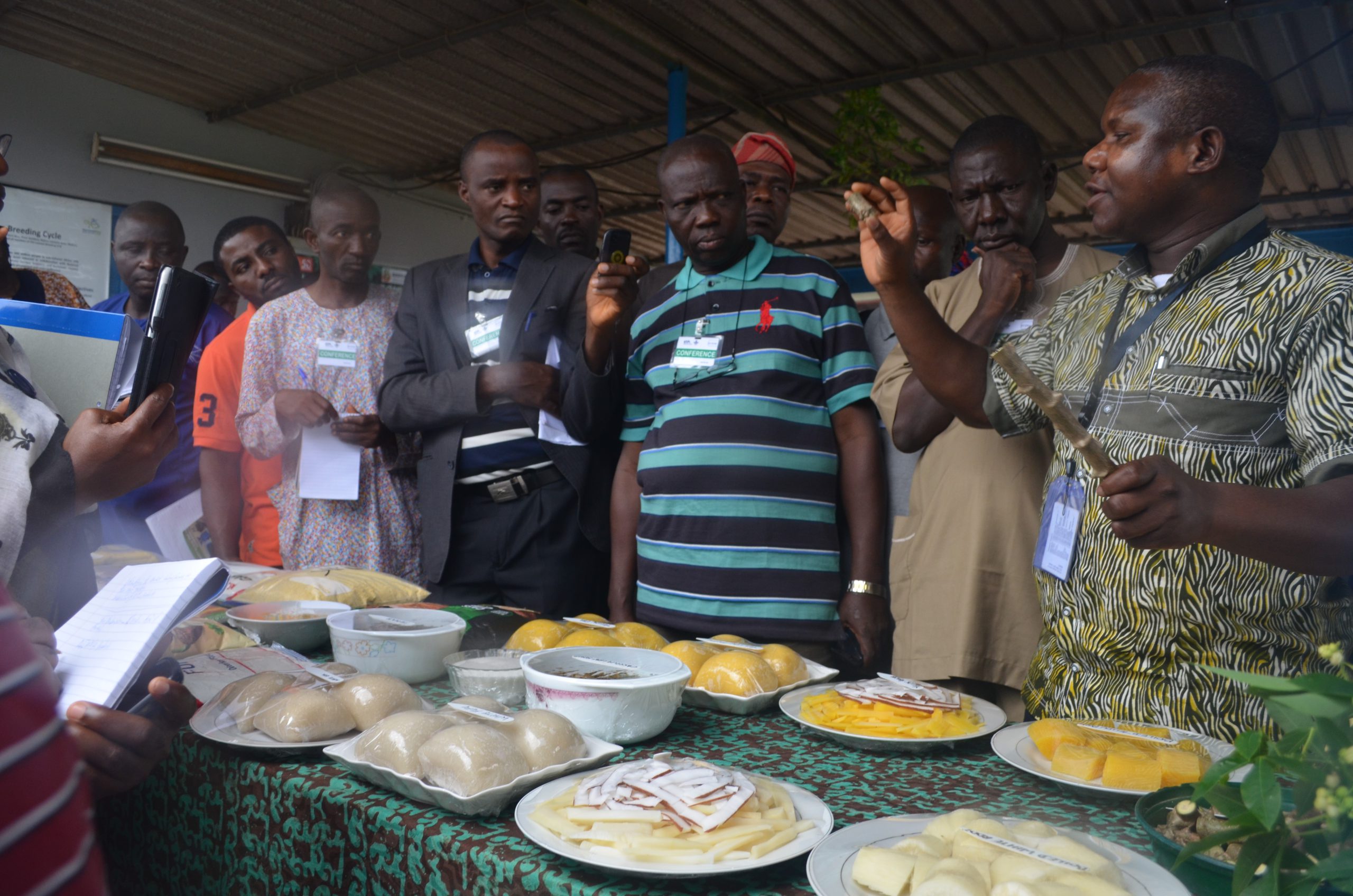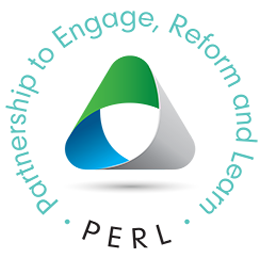How We Work
PERL works fundamentally through partners and partnerships in providing technical support to locally-led reform initiatives and processes. PERL supports public sector reform in an adaptive and politically-smart manner. Its management structure and implementation mechanisms support intentional and evidence-informed adaptation based on contextual analysis and understanding of what works and what does not work while keeping an eye out for unintended consequences.
Key approaches and tools that PERL uses in its adaptive programme delivery include Applied Political Economic Analysis (PEA) and conflict-sensitive Gender, Equity, and Social Inclusion (GESI) assessments.
Driven by government-citizen partnerships that PERL and its predecessors have helped to foster over time, the programme draws on a combination of accumulated knowledge and lessons in its delivery. PERL leverages well-tested practices, innovative new tools, and approaches to support politically smart and adaptive management and address governance challenges.

Being flexible and responsive to Nigeria’s dynamic political and social landscape is vital for the programme to remain relevant and support its partners effectively. The programme applies a Problem Driven Iterative Adaptation (PDIA) approach that recognizes the need for locally-led, flexible, and adaptive interventions. PDIA is a step-by-step approach that breaks problems down to their components, seeks to identify root causes, and helps stakeholders to identify entry points to address the identified problems, take action, reflect upon what has been learned, adapt, and try again.
The programme also uses an intentional learning design. This builds regular and structured opportunities for reflection: new evidence and changes in context are discussed and scrutinized between programme teams and partners, combining analysis from both citizens and the government. Lessons are documented and fed back into program-wide strategies and delivery-level work to iterate and adapt.

